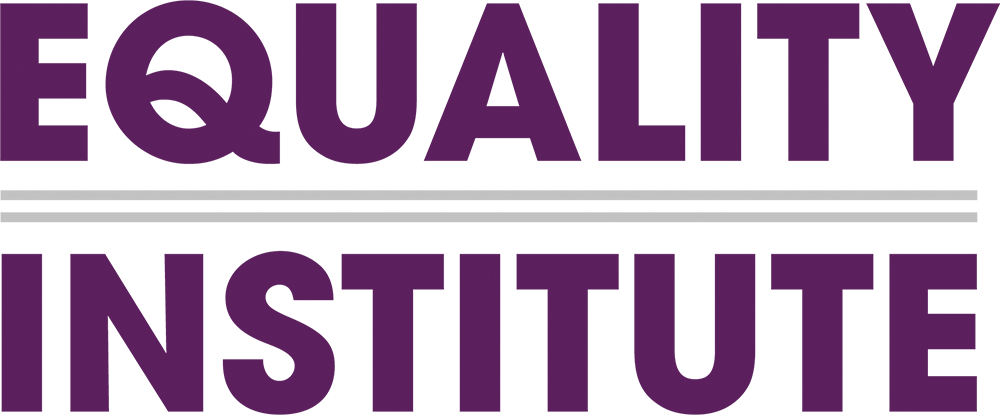5 Things / improving access
As I write this on Friday the 3rd, it's International Day of People with Disabilities (IDPWD) and this year's theme is "Fighting for rights in the post-COVID era.”
In the past few months, I've shared some inspiring ways organizations have created more accessible products and experiences. Like the accessible open-source lotion lid from Olay. And Mastercard's new Touch Card. And AMC's closed captioned film screenings.
This week I learned that TD Bank will now host the Aira service in all 1100+ locations (and at in-person events) to enable visually impaired customers to better conduct their banking business. Aira is a phone app that connects visually impaired customers to a human agent who will have camera access and be able to live assist the customer.
The product seems similar to Be My Eyes, which is an app I volunteer with. I occasionally get video calls from Be My Eyes that connect me with visually impaired folks who need simple questions answered (like, "is this frozen pizza pepperoni or cheese?")
The things I take for granted.
Are there places within your organization where you can influence the improvement of access to people with disabilities?
Here are some of the good vibes I learned this week:
The World Health Organization (WHO) skipped a few Greek letters when naming the new Covid variant, Omicron. The letter Xi wasn't used because it is a common Chinese surname. WHO's policy suggests "avoiding causing offense to any cultural, social, national, regional, professional or ethnic groups." This matters in particular because the anti-Chinese (and Asian) bias and hate crimes were exacerbated during the pandemic because of Covid's initial association with China. Thanks to Emily Farr for this story!
Ann Arbor, Michigan became the first U.S. city to require that all public restrooms (including those inside businesses) to carry free period products. This applies to all restrooms, not just women's rooms, which is also notable. This matters because the cost of period products amounts to a "tax" on more marginalized people.
Capital One Bank announced they'll stop charging overdraft fees, which bring in annual revenue of $150 million. The bank is challenging others to do the same. This matters because these fees disproportionately affect Black and Latinx customers, who already face a significant wealth gap.
The children's clothing company Primary now provides its employees with a 4-day workweek, without expecting employees to work longer hours on the other days. They launched this as a burnout-prevention tactic last year, but it proved so successful it became a permanent policy. They lost only 7% of their employees during "The Great Resignation." This matters because it allows employees to have great balance and a higher quality of life.
Image by Daniel Ali
